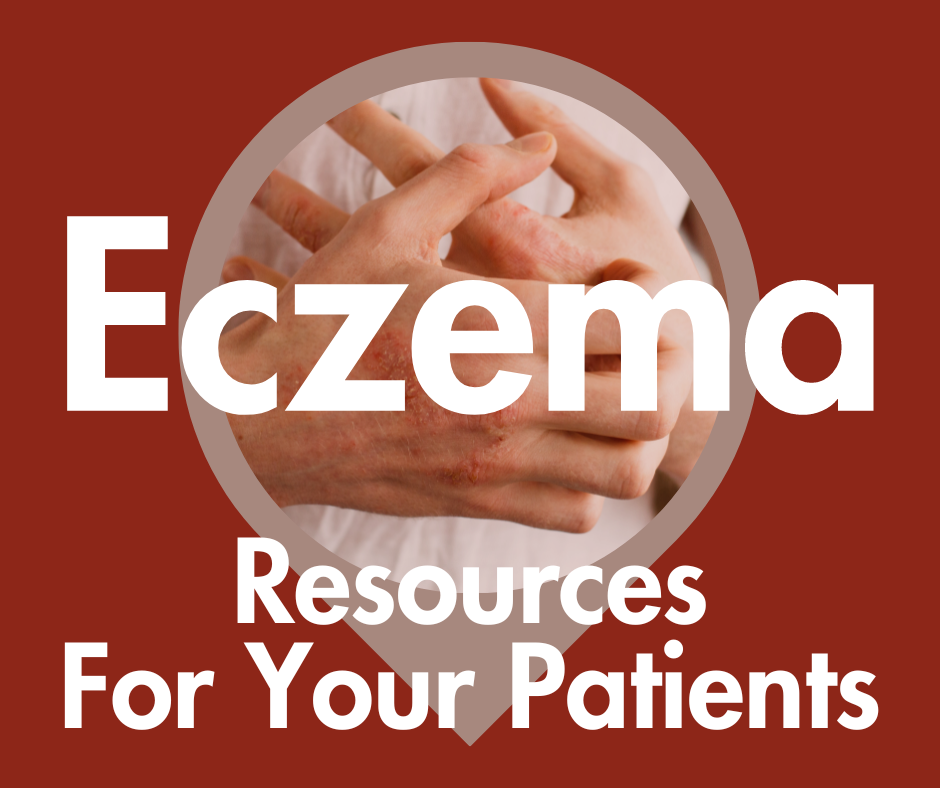- Case-Based Roundtable
- General Dermatology
- Eczema
- Chronic Hand Eczema
- Alopecia
- Aesthetics
- Vitiligo
- COVID-19
- Actinic Keratosis
- Precision Medicine and Biologics
- Rare Disease
- Wound Care
- Rosacea
- Psoriasis
- Psoriatic Arthritis
- Atopic Dermatitis
- Melasma
- NP and PA
- Skin Cancer
- Hidradenitis Suppurativa
- Drug Watch
- Pigmentary Disorders
- Acne
- Pediatric Dermatology
- Practice Management
- Prurigo Nodularis
- Buy-and-Bill
News
Article
A Targeted Literature Review in Quality of Life and AD Itch Symptom Improvements
Author(s):
The study encompassed an impressive 151 publications, comprising 110 studies and a total of 10,187 patients.
Dupilumab, an interleukin-4 receptor alpha antagonist, emerged as a promising treatment for moderate-to-severe AD, following successful clinical trials and is now approved for patients as early as 6 months old. Recent studies have further solidified its effectiveness, though a comprehensive review accounting for potential confounding factors has been lacking.
A comprehensive review was presented during in the poster session “Improvements in Quality of Life and Itch Symptoms with Dupilumab in Patients with Atopic Dermatitis: A Targeted
Literature Review and Meta-Analysis of Real-World Studies” at the 2023 Fall Clinical Dermatology Conference in Las Vegas, Nevada October 19-22.
This targeted literature review and meta-analysis aimed to fill that gap. The study adhered to the Preferred Reporting Items for Systematic Reviews and Meta-Analyses (PRISMA) guideline, scouring PubMed and Embase for real-world studies conducted between April 01, 2017, and November 18, 2021, evaluating the outcomes of dupilumab in patients with moderate to severe AD.
The study encompassed an impressive 151 publications, comprising 110 studies and a total of 10,187 patients. The demographic makeup was diverse, with a mean age of 40.9 years and 58.5% males. These studies encompassed case series/reports, registries, and various longitudinal investigations.
The meta-regressions focused on two pivotal measures: the Dermatology Life Quality Index (DLQI) and the Itch Numeric Rating Scale (Itch-NRS). Notably, at baseline, the mean DLQI and Itch-NRS scores were 17.6 and 8.1, respectively. Remarkably, within the first four weeks of dupilumab treatment, both scores exhibited substantial improvements, dropping to 11.0 and 4.8, respectively. These trends continued over time, with scores plummeting to 1.8 and 1.6 beyond 26 weeks.
Importantly, these reductions were statistically significant, indicating a substantial alleviation of both the subjective burden of the disease and the associated itch. These findings were consistent across different follow-up intervals, underscoring the sustained benefits of dupilumab.
However, it's worth noting that while the results are promising, there were limitations to the study. Heterogeneity among the studies remained considerable, even after controlling for various covariates. Additionally, potential biases and incomplete reporting in the literature were acknowledged.
In conclusion, this targeted literature review and meta-analysis reinforce the positive impact of dupilumab on the quality of life and itch symptoms in patients with moderate to severe AD. The study suggests that this treatment provides rapid and sustained relief, demonstrating its potential as a valuable tool in managing this challenging dermatological condition. Nevertheless, further research and continued vigilance for potential biases are warranted to refine our understanding of dupilumab's real-world effectiveness.
Reference
De Bruin-Weller M, Silverberg J, Sierka D, et al. Improvements in Quality of Life and Itch Symptoms with Dupilumab in Patients with Atopic Dermatitis: A Targeted Literature Review and Meta-Analysis of Real-World Studies. Poster presented at: 2023 Fall Clinical Dermatology Conference; October 19-22, 2023; Las Vegas, Nevada.






